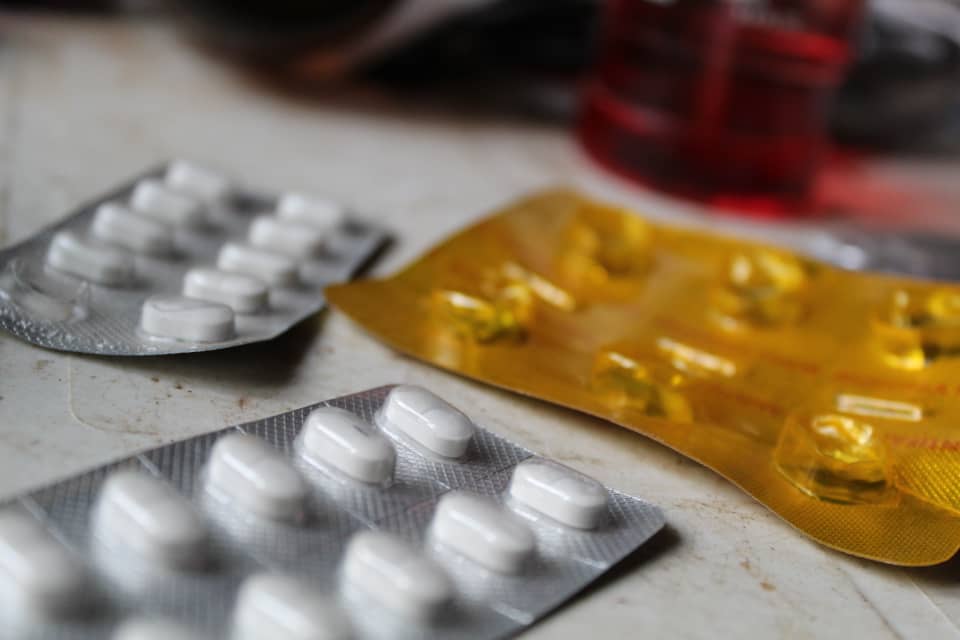
The World Health Organization (WHO) has issued a global alert and warning to health practitioners over the circulation of fake cancer drug in America and Europe.
It discovered fake medicine were packaged to look like the known cancer drug Iclusig with ponatinib, as active ingredient used in adult for treating chronic myeloid leukaemia and acute lymphoblastic leukaemia. The labels are in English, as if destined for use in the NHS. However, the boxes of 15mg and 45mg pills contain only paracetamol.
Michael Deat who leads the vigilance group on fake drug at the WHO said it is dangerous as the fake cancer drug does not contain any active ingredients.
Deat said: “The drug was “slightly unusual” because it was made solely of paracetamol. Although, it is more common to see falsified antibiotics and antimalarials, reports of fake cancer drugs are not infrequent.”
He added that that the fake drugs in packs of 30 x 45mg tablets and 60 x 15mg tablets aroused the suspicions of a wholesaler in Switzerland. The Swiss health authorities then informed the WHO and lab analysis confirmed that the pills were fake.
Deats said the targeted market would be people with cancer and their families in countries where the drug was not made available for free or who did not have adequate health insurance to pay for it.
“If you are involved in the manufacture and distribution of this falsified version, you are going to be making it available on the internet to people in countries that haven’t got an NHS and it’s not subsidised.”
“This one is being picked up by patients in other parts of the world and it’s people who are desperate to get a medicine to treat their disease and they’re getting paracetamol.”
The original drug is expensive, priced at around £5,000 a pack in the UK in 2017 and currently around $13,500 – or $450 a pill – in the US.
Deats said there was a risk, although very slight, that it could get into the NHS. Medicines are sometimes legally bought by UK pharmacies for NHS use from other countries where they are on sale at a cheaper price – a practice called parallel trading.
He further said “Just the mere fact it’s circulating [is a concern]. You don’t know how much there is, you don’t know what quantities are in existence and there are sometimes wholesalers that will act unscrupulously and that’s how it can get into the system as well. He enjoined everyone to be on their guard that this is in circulation.